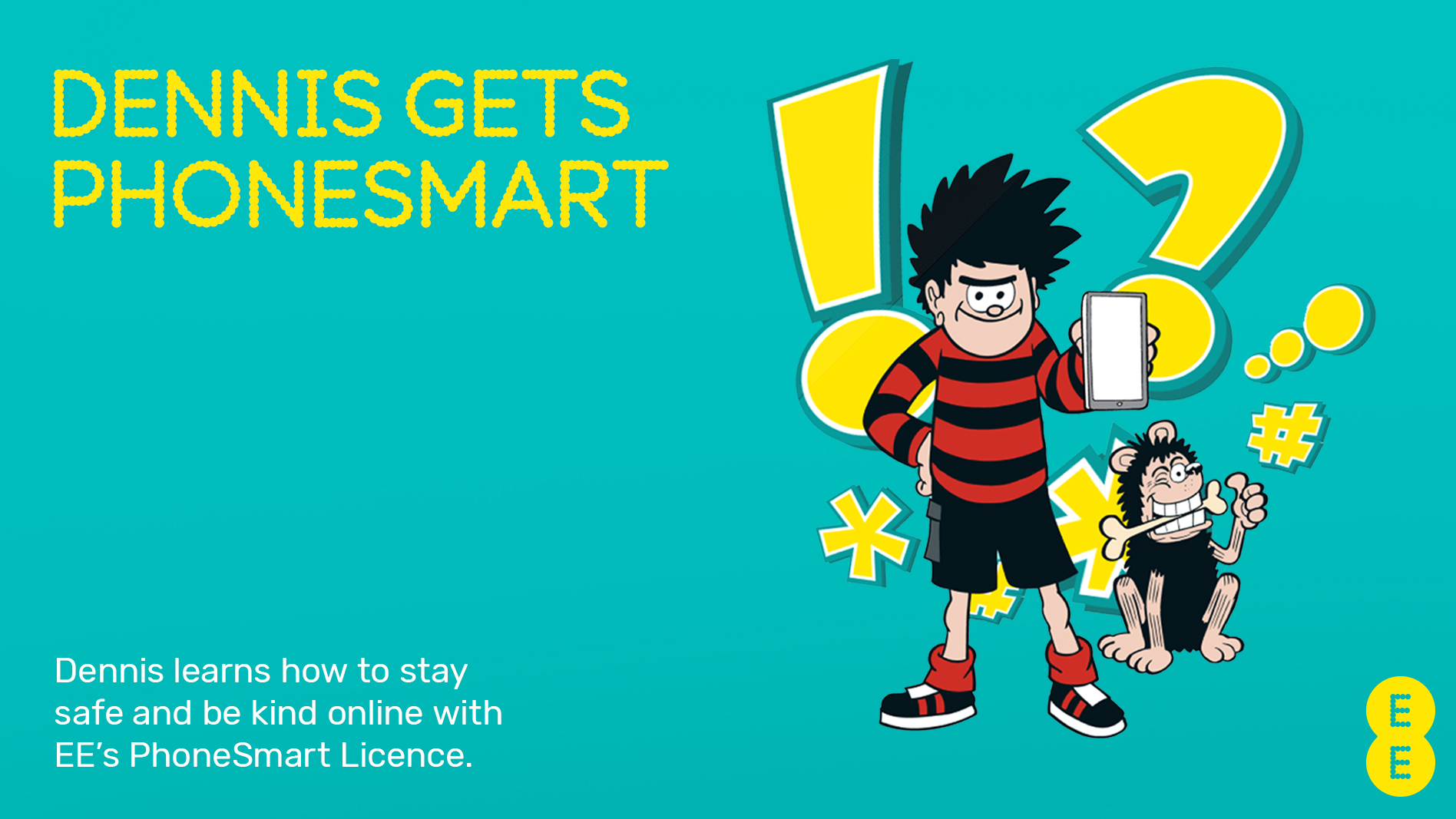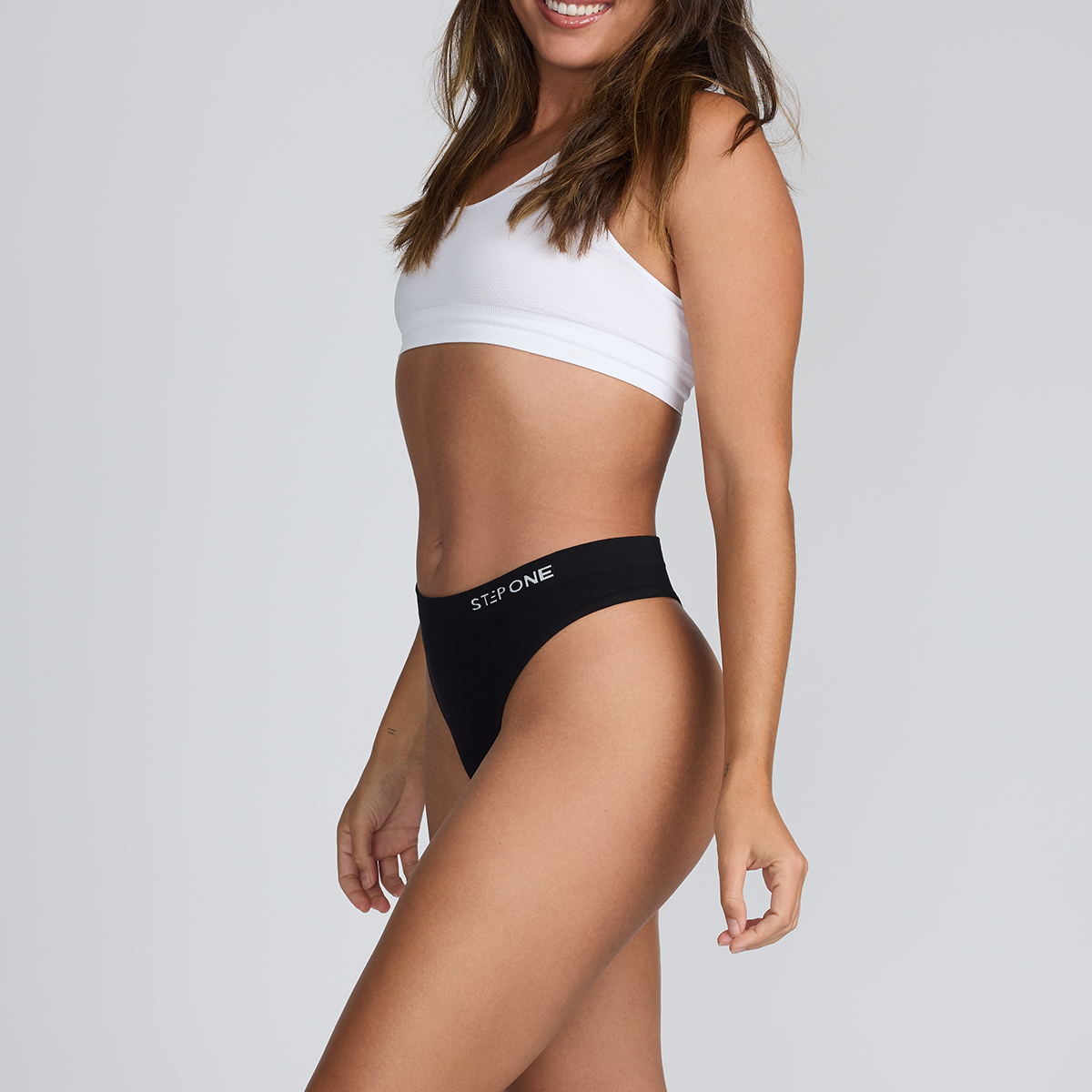Video really did kill the radio star, and it’s easy to see how. Fun and easy to watch, with an ability to effectively convey information and spark strong emotional reactions, we spend 17 hours a week on average watching video content. Whether it’s TikTok clips, full-length feature films, or YouTube documentaries, videos are part and parcel of our lives, and businesses sure do know it.
From a brand’s point of view, video marketing is a potentially lucrative tool at their disposal. As we touched upon in our guide to the importance of video production in business, this type of content is a fantastic way of explaining your products or services, showing off your brand’s personality, and ultimately getting results. There’s little wonder businesses are projected to spend $45.5 (£36.72) billion on video content by 2025.
Because of this, brands like yourself simply must get acquainted with video production in order to stay ahead in the marketing world. We’ve previously run through the main stages involved in video production, and today we’re going to explore the different types of video production involved in this type of marketing. Get your notepad ready, it’s time for some more video marketing education.
1. Promotional
The bread and butter of video marketing, promotional videos don’t beat around the bush. While other types of marketing videos may be more about entertaining or informing the viewer, for example, promotional videos do exactly what they say on the tin.
Specifically geared towards promoting a certain marketing initiative, sale, or event, they’re usually targeting a very specific viewer and speaking to their exact needs, before presenting a solution in the form of the brand’s product or service. Promotional videos typically conclude with a call to action, with a common goal of persuading them to make a purchase or interact with the brand in some way, like by following them on social media, for example.
Take our promotional video for ThinkMarkets. The short clip featured then-Liverpool footballers James Milner, Joel Matip and Nat Phillips delivering key brand messages for online trading company ThinkMarkets. Making the comparison between choosing between a cup of tea and making trading choices, the advert emphasised the brand’s ability to make such decisions easier, encouraging viewers to use its platform.
2. Entertainment
Many examples of video marketing are delivered under the guise of entertaining viewers. While the ultimate aim of this content is to get them to engage with the brand, these videos are produced primarily to amuse audiences, something that helps create a positive connection with the company.
Just think about it — arguably some of the most entertaining pieces of video content ever produced have been adverts. From Reebok’s “Belly’s Gonna Get Ya” to Cadbury’s Phil Collins-inspired ad featuring a gorilla playing the drums, many of these adverts have little or nothing to do with the product or service being sold, but still end up driving interest in the brand because of how entertaining they are.
An example of an entertainment marketing video produced by Pitch comes from our collaboration with Hyundai. In the video, then Chelsea footballers Mason Mount and Erin Cuthbert went undercover as car dealers. However, the joke was actually on them as the customers they spoke to were in fact actors hired to try and catch them out, which they successfully did with a number of technical questions Mount and Cuthbert struggled with. The video created a massive buzz on social media among football and non-football fans alike, entertaining potential customers in their droves and driving huge engagement with Hyundai.
3. Informational
Sometimes, video content is produced to inform viewers about the brand in question. Perhaps it wants to give customers an insight into the mind of the CEO, give a behind-the-scenes view into the brand’s headquarters, or go into more depth about a particular product or service.
Whatever it is, informational video content is crucial for helping people learn more about a brand. Consumers want to feel more connected to brands than ever before, so these types of videos are an invaluable way of creating such connections. In addition, they allow brands to disseminate important information in a more effective way than via alternative mediums, like a press release, for example.
This behind-the-scenes video we produced for craft beer company Meantime helped lift the lid on the story behind the brand, from the why and how of its beginnings, to how it’s keeping true to this today. Throughout the video, we offered viewers access to Meantime’s brewery and its surrounding location, as well as its staff members going about their days.
4. Educational
Educating your customers about a topic can be a fantastic way of getting them engaged. Doing so can also help raise brand awareness, drive more traffic to your website (and in turn generate leads), and increase customer retention by quenching their thirst for information.
Few mediums are better at educating people than videos. This type of content has been proven to be significantly more memorable than reading — research shows that viewers retain 95% of a video’s message compared to 10% when reading text. Consequently, brands that are looking to inform their customers on a topic would do well to produce an educational video.
Take our “Keep Kids Safe” video for EE in partnership with the Beano comic. The two-minute clip took on the form of an animated Beano comic book strip, and educated parents about the risks of the online world and how to keep their kids safe when using it. Overall, it was found that the video helped 82% of the 43,000 parents who watched it better understand the issue, while also successfully promoting EE’s PhoneSmart licence in the process.
5. User-generated
While the majority of marketing videos are driven by the brand and star actors or members of the brands themselves, occasionally their customers have a much larger say. Particularly since the advent of social media, user-generated content (UGC) has exploded, giving the average person on the street the chance to actively participate in a brand’s growth. This in turn will drive a much larger affinity with the company in question, and encourage others to do the same.
User-generated videos are one of the most common kinds of UGC and are easily accessible to us thanks to smartphones. From the viral video of Daym Drops reviewing Five Guys burgers to GoPro’s This Is the Moment UGC advert, so many brands have harnessed this strategy in recent times — and to great effect.
The team here at Pitch has embraced UGC for a number of our partners, including for this particular campaign for sports brand ASICS. Aimed at promoting its sponsorship of the London Marathon, we brought together a group of marathon runners to discuss what they enjoy about running and their motivations for doing so. This brought the sponsorship to life in ways that wouldn’t have been possible without interacting with the marathon’s participants themselves.
So there you have it: the five main types of video production explained, including the types of video production services we offer here at Pitch.
Video production is a big speciality of ours. From small startups to big-name brands, we are well-versed in creating world-class video content for all kinds of companies. Be sure to check out our video production page to learn more, and don’t hesitate to contact us to make an enquiry.






